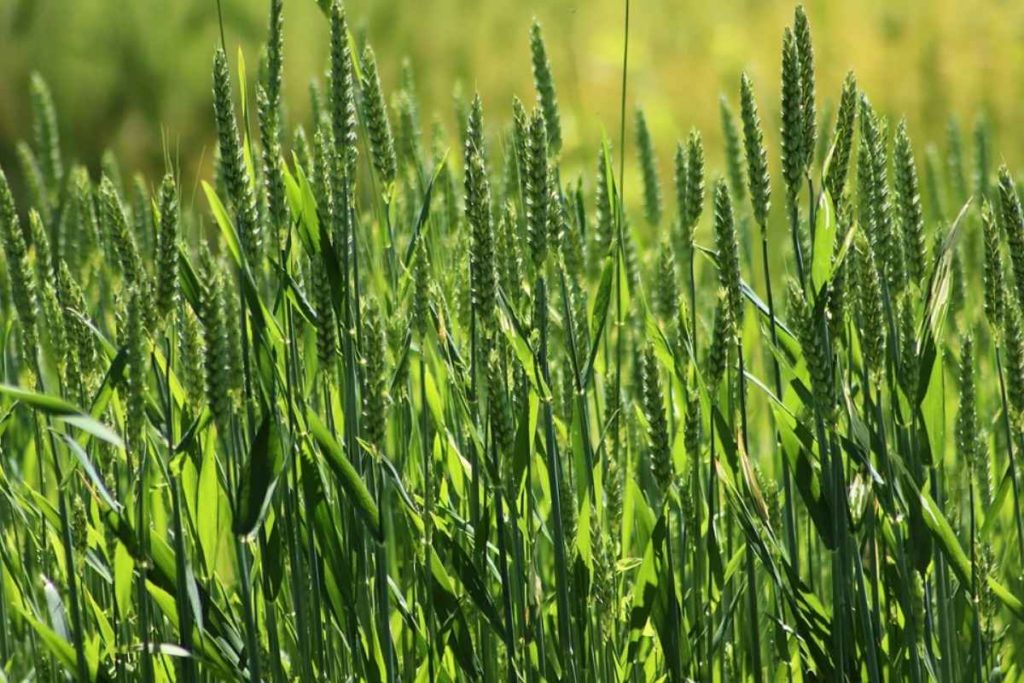Introduction: Hello farmers, let us improve Sustainability and know Improving Sustainability to Improve Eco-Friendliness by Indian farmers. The concept of eco-friendly agriculture is certainly taking root in India. Millions of Indian farmers are rejecting the use of pesticides and are opting to use natural alternatives, according to National Geographic. Since being eco-friendly is the order of the day, what else can farmers do?
Improving Sustainability: What Indian Farmers Can Do to Improve Their Eco-Friendliness

Smart Metal Removal for Improving Sustainability
In agriculture, the presence of unexpected contaminants is ever constant. Heavy metals and other forms of metals can find their way into the human body through crops and soil, according to Prabhat Kuman Rai’s study. Crops that are commonly known to harbour metallic particles are radish, amaranthus, spinach, and rice, to name a few. Farmers need to be meticulous in locating and removing any commonly used metals in planting and irrigation like aluminium. Collecting and scrap metal recycling keep the farm clean and properly disposing of the metals make the farm more eco-friendly than most.
Soil Compaction Management for Improving Sustainability
Roughly 70% of water consumed in the world is used up by the agriculture and food growing sector, according to Aswathaman Vijayan. Water is a valuable resource and farmers can help cut back their water consumption through smart water conservation practices. Indian farmers can use soil compaction management which breaks down hard layers in the soil and enables roots to be stronger. It also effectively increases the water absorption of crops so it gets suitable hydration without using a lot of water. Farmers can get in touch with local soil engineers to check the status of their soil and water consumption.

Careful Intercropping for Improving Sustainability
To cut back on the use of chemicals and harmful pesticides, farmers can use natural and eco-friendly methods like intercropping a minimum of two crops in their fields. Having differing crops dissuades the presence of known pests from effectively ravaging crops. The diversity of crops also limits the number of crops getting damaged by pests. It also results in stronger harvests as the plants are given an opportunity to grow against other species of plants. Local and national governments provide subsidy options for Indian farmers who choose to intercrop and raise diverse crops on their lands.
You may also like Difference Between Manure and Fertilizers.
Efficient Warehousing and Distribution
Around 67 million tonnes of food gets wasted each year because of improper warehousing and distribution from farms, according to CIPHET. Vegetables and fruits mostly end up perishing in storage and during transportation due to unsecured environments. Farmers can make use of special tarpaulins to keep any perishables secure and at a good temperature while awaiting transportation. The same can be applied when it’s time to transport crops and produce. It keeps the crops safe from any external variables that can cause rot and waste. Farms that help cut down any food waste and even help with cutting down energy consumption as they’re not reliant on cold storage solutions. It also increases the number of delivered food that can be consumed—feeding more people in the process.
Additional Training
There is no harm is seeking further information from reputable sources. Indian farmers can actively seek out training regarding sustainable and eco-friendly agricultural practices. Organisations like BASF regularly launch training programs that specifically educate farmers about the best tools and practices to apply for eco-agriculture. Getting educated is a great way to shake the yolk of “traditional” farming methods that rely heavily on chemicals and other environmentally harmful processes.
Eco-friendly agriculture in India has a long way to go. What is important is that more and more farmers are willing to take a chance on learning how to practice sustainable methods. It is also good that the Indian government is also making a point of showing farmers that there is something to be gained beyond feeding their fellow man.
You should not miss the Vertical Garden Systems.